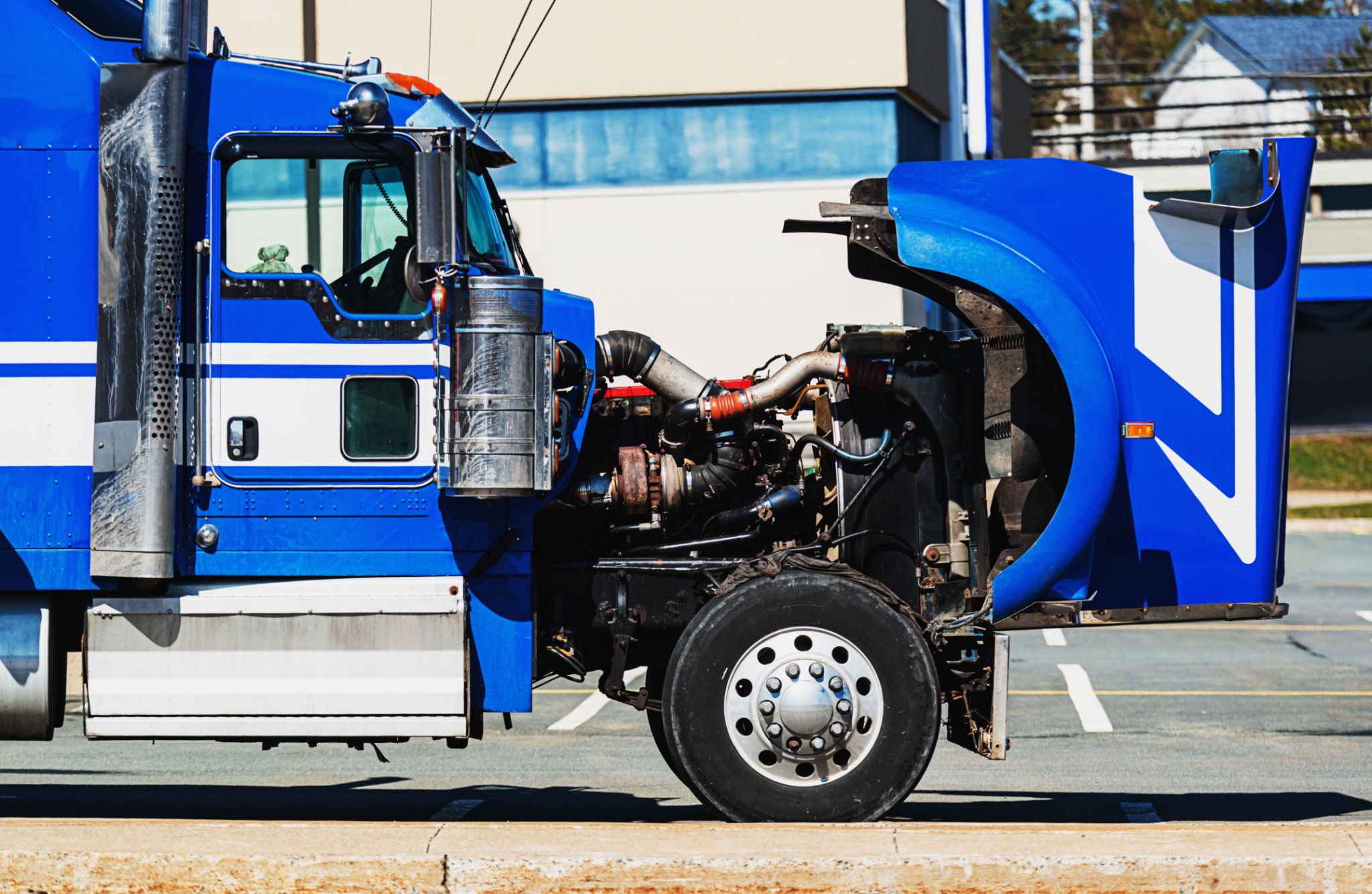Avoiding Common Mistakes in Reefer Load Transportation
Understanding Reefer Load Transportation
Reefer load transportation, or refrigerated transportation, plays a critical role in the supply chain, ensuring that perishable goods reach their destinations fresh and intact. However, it comes with its own set of challenges and potential pitfalls. Understanding these challenges is the first step towards avoiding common mistakes in the process.

Temperature Management
One of the most crucial aspects of transporting reefer loads is temperature management. Even a slight deviation can lead to spoilage, resulting in financial losses and dissatisfied customers. It's essential to ensure that the refrigeration unit is set to the correct temperature before loading and is regularly monitored throughout the journey.
Utilizing technology such as temperature sensors and real-time monitoring systems can provide alerts if something goes wrong, allowing for immediate corrective action. This proactive approach can help prevent spoilage and maintain product quality.
Proper Loading Techniques
Proper loading techniques are vital to maintaining the integrity of reefer loads. Incorrect loading can block air vents and disrupt the airflow, leading to uneven cooling and potential spoilage. Make sure that the goods are loaded in a way that allows for proper circulation of cold air.

Additionally, it's important to avoid overloading the vehicle. Exceeding weight limits can not only cause damage to the vehicle but also impact temperature regulation. Always adhere to weight guidelines to ensure safe and efficient transportation.
Regular Maintenance Checks
Regular maintenance of refrigeration units is another key factor in avoiding common mistakes in reefer load transportation. A malfunctioning unit can lead to temperature fluctuations, which might compromise the quality of the goods being transported.
Implementing a routine maintenance schedule can help identify potential issues before they become serious problems. Regular checks on components such as compressors, evaporators, and condensers will ensure that the refrigeration system operates efficiently.

Compliance with Regulations
Compliance with regulations is essential for all types of transportation, and reefer load transportation is no exception. There are specific guidelines and standards that must be followed to ensure safety and quality, including those set by government agencies like the FDA.
Staying updated with any changes in regulations and ensuring that all drivers and personnel are well-informed can prevent legal issues and ensure smooth operations. Regular training sessions and audits can be beneficial in maintaining compliance.
Effective Communication
Effective communication between all parties involved in the transportation process can help avoid common mistakes. From dispatchers to drivers, everyone should be on the same page regarding schedules, routes, and special handling instructions for specific loads.
Utilizing communication tools such as mobile apps and tracking systems can facilitate real-time updates and ensure that any issues are quickly addressed. This level of coordination can significantly enhance operational efficiency.
Conclusion
Avoiding common mistakes in reefer load transportation requires careful planning, attention to detail, and a proactive approach. By focusing on temperature management, proper loading techniques, regular maintenance, compliance with regulations, and effective communication, businesses can ensure that their perishable goods reach their destinations in optimal condition.
Implementing these strategies will not only reduce the risk of spoilage but also enhance customer satisfaction and improve overall operational efficiency. With these best practices in place, businesses can confidently navigate the complexities of reefer load transportation.